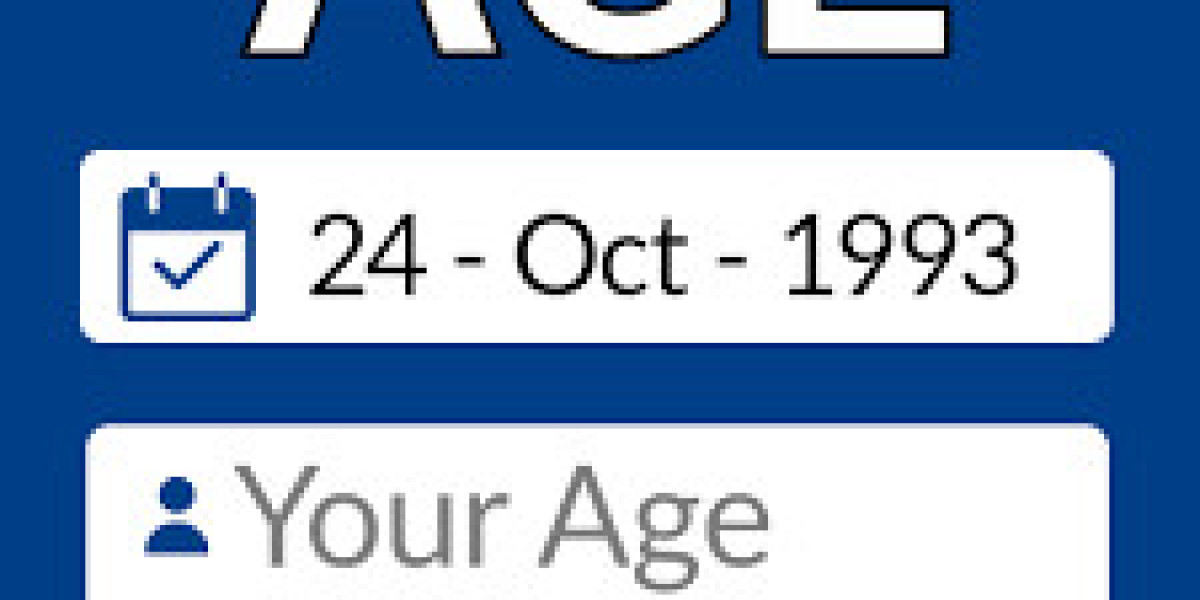Every parent wants to monitor their child’s growth and development as accurately as possible. Whether you’re a first-time parent or already raising multiple kids, understanding where your child stands in terms of height, weight, and overall development can be incredibly reassuring. This is where tools like a Baby Percentile Calculator, Child Percentile Calculator, and a Growth Percentile Calculator become essential. These tools transform raw measurements into meaningful insights that help you understand how your baby or child is progressing compared to standardized population data.
In today’s digital world, most parents rely on online growth tools rather than complex medical charts. Having access to clear, easy-to-use resources such as a baby growth percentile calculator, child growth chart calculator, and printable Child Growth Chart makes monitoring growth simple and stress-free.
This article breaks down everything you need to know about growth percentiles, how calculators help, and why understanding height- and weight-based percentiles is so important. Let’s dive deep into how you can use these tools effectively.
What Are Growth Percentiles?
Growth percentiles are statistical measurements that compare your child’s growth to national standards. When your child’s doctor tells you that your baby is in the 70th percentile for height, this means:
Your baby is taller than 70% of babies of the same age and gender.
Percentiles don’t judge whether a child is “good” or “bad” in terms of growth—rather, they reflect how their growth compares to the average. This makes it easier for parents and pediatricians to track healthy development over time.
Percentiles measure:
Height
Weight
Head circumference (for babies)
BMI (for older children)
Parents commonly use tools like a Growth Percentile Calculator or Percentile Calculator to make sense of these measurements without needing a medical degree.
Why Percentile Charts Matter
Every pediatrician’s office uses a percentile chart to evaluate growth patterns. These charts are developed based on thousands of children and are updated regularly by trusted organizations such as WHO and CDC.
A percentile chart offers several benefits:
1. Detecting Growth Patterns Early
Children grow at different rates, but major deviations can signal underlying issues. If a child suddenly drops from the 75th to the 25th percentile, the pediatrician may investigate for nutritional gaps or health conditions.
2. Tracking Consistency
Most healthy children follow their own “curve.” The exact percentile doesn’t matter as much as whether they are consistently gaining height and weight.
3. Avoiding Unnecessary Worry
Parents often compare kids with cousins or classmates. The percentile chart provides an accurate, scientific perspective.
4. Monitoring the Impact of Diet and Health
Changes in lifestyle, feeding habits, or medical treatments can reflect on percentiles.
With accessible tools like a child growth chart calculator, parents can check these patterns anytime.
Baby Percentile Calculator: A Must-Have for New Parents
During the first two years, children undergo rapid physical changes. A Baby Percentile Calculator helps parents understand whether their infant is hitting the expected growth milestones.
What It Measures:
Height (length in early months)
Weight
Head circumference
Growth trend (weekly or monthly tracking)
Benefits of Using a Baby Growth Percentile Calculator
Instant Results – Instead of interpreting complicated charts, parents get direct percentile values.
Easy Monitoring – Helps ensure steady and healthy growth during the crucial early years.
Better Pediatric Visits – Parents can take informed questions to the doctor.
Peace of Mind – Growth fluctuations are normal, and the calculator helps you understand them without panic.
For babies, even small developmental changes feel significant, so having accurate data is priceless.
Child Percentile Calculator: Tracking Growth Beyond Infancy
After age two, growth speeds slow down slightly, but monitoring becomes even more important. A Child Percentile Calculator helps parents track long-term development and check if their child is growing proportionately.
Why This Tool Matters:
It measures height, weight, and BMI percentiles for ages 2–20.
It helps identify childhood obesity or underweight risks.
It gives detailed comparisons across gender-based growth standards.
Supports early detection of hormonal or nutritional issues.
For school-aged children, social and physical development start playing bigger roles, making percentile tracking useful for guiding health and lifestyle adjustments.
Understanding Percentile in Height
Many parents become especially curious about percentile in height. Height percentiles help determine:
expected adult height
whether the child is experiencing growth delays
if genetic factors align with their development
For example:
A child in the 90th height percentile is taller than 90% of children their age.
A child in the 10th height percentile isn’t necessarily unhealthy; they may just be genetically small.
Tracking height through tools like a Child Percentile Calculator or Growth Percentile Calculator ensures you always stay aware of your child's development curve.
How the Child Growth Chart Works
The Child Growth Chart is a graphical representation that shows different growth curves. Each curve represents a specific percentile—5th, 25th, 50th, 75th, 90th, etc.
How to Use It:
Measure your child’s height and weight.
Plot their age on the horizontal axis.
Plot their measurements on the vertical axis.
Identify which percentile curve they fall on.
Track every few months.
Most parents prefer using a child growth chart calculator instead of drawing points manually. These digital tools automatically place your child on the correct curve and calculate percentiles instantly.
Growth Percentile Calculator: The All-in-One Tool
A Growth Percentile Calculator combines all functions—height, weight, head circumference, and BMI—into a single platform. Parents simply enter:
Age
Gender
Weight
Height
Head circumference (if a baby)
The calculator then determines precise percentiles and shows where the child stands compared to standardized growth charts.
Why This Tool Is Popular:
Gives clear results without medical complexity
Helps monitor both short-term and long-term growth
Allows comparison with global growth standards
Easy for parents, doctors, and caregivers
If you’re raising multiple children, having such a calculator saves tremendous time and provides accurate assessments in seconds.
Percentile Calculator: A Simple Approach for All Ages
A general Percentile Calculator is useful when parents want basic comparisons without a full growth chart. This tool is widely used for:
School fitness evaluations
Pediatric checkups
Sports physicals
Tracking BMI percentiles
It offers quick percentile calculations without the need to interpret long data charts.
What Parents Should Know About Percentiles
Understanding percentiles is important, but knowing how to interpret them correctly is even more crucial. Here are some key points:
1. Percentiles Are Not Grades
Being in a lower percentile doesn’t mean your child is unhealthy. Genetics play a huge role.
2. One Measurement Isn’t Enough
Growth must be tracked over months—not judged in a single reading.
3. Sudden Drops Matter
If a child drops two or more percentile curves, consult a pediatrician.
4. Nutrition and Sleep Affect Growth
Lifestyle habits can influence percentiles significantly.
5. Consistency Is Key
Children should ideally remain close to their natural growth curve.
Final Thoughts: Why Growth Tools Are Essential for Modern Parents
Raising a child comes with endless questions, and growth is one of the biggest concerns for parents. Using tools like a Baby Percentile Calculator, Child Percentile Calculator, Growth Percentile Calculator, Percentile Calculator, and the Child Growth Chart gives parents accurate, science-backed insights into their child’s development.
These tools don’t replace pediatricians, but they empower parents with knowledge and understanding. Monitoring percentiles ensures your child is on a healthy growth path and helps detect early issues before they become serious.
With easy access to digital growth percentile tools, keeping track of your baby or child’s development has never been simpler or more reliable.








